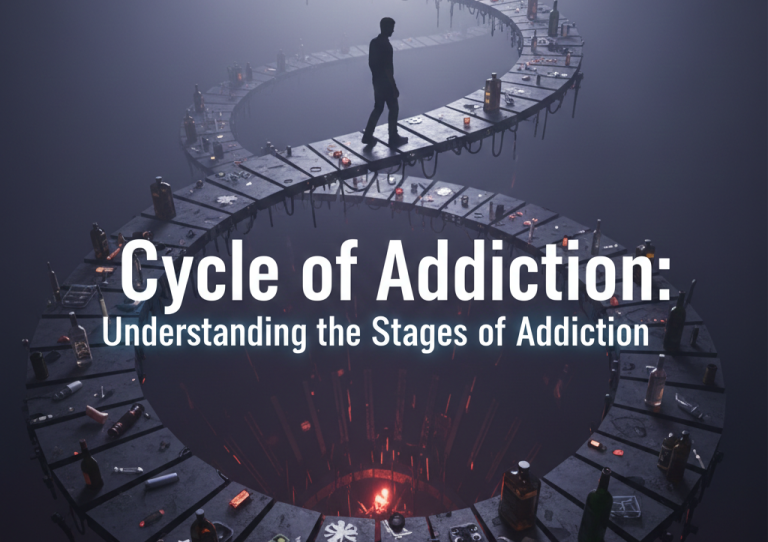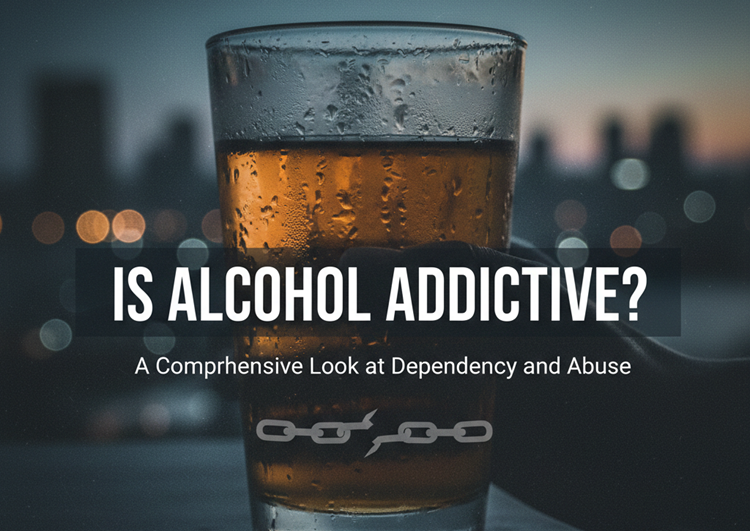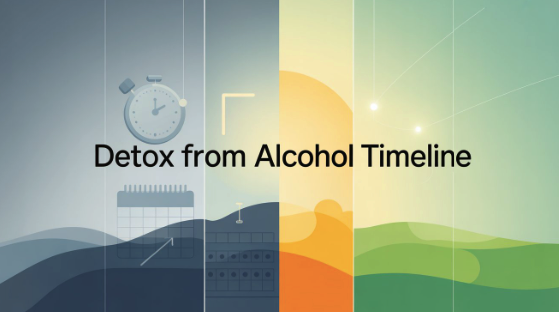The problem of addiction is a multi-faceted issue that has affected millions of people worldwide. You often hear someone talk about somebody having “an addictive personality” to explain why some people seem more likely to become addicted to things. So what does the term mean, and is it a valid concept? This blog will explain what an addictive personality is, what can lead to that type of addiction, and how to seek help if your addictive behavior is getting in the way of your regular life.
Understand the Addictive Personality
If your personality is addictive, there is a set of traits or behaviors that make you more likely to become addicted. It’s not just drugs and alcohol that can be an addiction, it could be activities like gambling, shopping — and even addiction to social media. People with an addictive personality may exhibit characteristics such as:
- Impulsivity: Without thinking about long-term consequences.
- Risk-taking: Looking for risky experiences.
- Difficulty managing stress: Coping with stress using substance or behavior.
- Obsessive tendencies: To get stuck in doing certain activities or things.
It is important to point out that these traits, by themselves, don’t mean someone will become addicted. Genetic, psychological, and environmental factors all play a role in addiction.
Are Addictive Personalities Real?
There has been much debate among psychologists and researchers as to a person having an ‘addictive personality’. It’s obvious that certain personality traits raise the odds of becoming addicted, but not everyone with an addictive personality will become addicted. That’s because addiction isn’t just about personality; rather, it is genetic, environmental, and also the result of individual experience.
There is no research that any single personality type predisposes someone to addiction. However, vulnerability can be increased with traits such as impulsivity, sensation seeking, or neuroticism, but they are not definitive predictors. Referring to addiction as a personality issue can also be a way of making the problem seem a lot simpler than it is, which could bring with it embarrassment or misunderstanding.
Addictive Behavior Risk Factors
The idea of an ‘addictive personality‘ is debated, but the catalog of known risk factors for addiction is now widely accepted. These include:
- Genetic Predisposition – Research shows that people with addiction or addiction symptoms can have it in the family. Individual susceptibility to substances or behavior can also be inherited.
- Environmental Influences – There is also a lot of research that proves that a person’s environment significantly influences a person’s chance of addiction. Risk increases due to exposure to high-stress situations, trauma, or a lack of positive role models.
- Psychological Factors – Addiction commonly occurs along with conditions, such as anxiety, depression, or PTSD. Substances or behaviors may be a way of self-medicating or escaping emotional pain.
Seeking Help for Addictive Behaviors
If you or someone you love is struggling with addictive tendencies, we are here to help. Orlando Treatment Solutions provides evidence-based therapies and programs to treat the cause of addiction. Our compassionate team works alongside you every step of the journey to help you build a healthier, more fulfilling life.

Take the first step towards recovery today. Contact Orlando Treatment Solutions today, if you want to find out more about our complete treatment options.
How to Recognize Signs of an Addictive Behavior
Knowing what to look for in addictive behavior is the first step to solving the problem. It’s normal to have occasional habits that never cause problems in life, but when they inhibit one’s daily functioning or cause negative consequences, they are problematic. Signs to watch for include:
- Preoccupation with the behavior or substance: An obsessive preoccupation with when and how to consume the substance.
- Loss of control: The urge to cut back or stop is often there, but it seems impossible to do so.
- Negative impact on relationships and responsibilities: Work, family, or personal health neglect.
- Tolerance and withdrawal: Consuming more substance to reach the same effect, or feeling discomfort when trying to quit.
If any of these signs sound familiar, you may want to seek professional help.
Different Ways of Controlling Addictive Personality Traits
While people whose personality fits the description of an addict can manage their behaviors and lead a balanced, healthy life, it’s not an expectation that people with these traits will be able to control them. Here are some strategies that can help:
- Build a Healthier Coping Mechanism – Instead of using substances or behaviors to cope with stress, try other healthier options such as exercise, journaling, or mindfulness meditation.
- Seek Therapy – Cognitive behavioral therapy (CBT), group therapy, or mindfulness-based therapies teach people how to understand and control their behavior. Therapy offers you tools to replace bad habits with good ones.
- Construct a Strong Support System – Friends, family, and support groups play an important role in recovery. The people around you can help you not get the temptations to use substances or fall back into addiction.
- Make Lifestyle Changes – Smaller changes, such as creating a routine, eating a balanced diet, and getting enough sleep can increase overall well-being, and decrease chances of falling into addictive cycles.
People with addictive personalities aren’t entirely addicted, but some traits or factors can increase an individual’s likelihood of addiction. Knowledge of these tendencies is the first step to prevention and recovery. If you or your loved one is struggling with addictive behavior, you can get help right away. Take the first step towards recovery today.

Orlando Treatment Solutions is dedicated to treating people with addiction so they can start building a better life. If you’d like to find out more about our personalized treatment programs and take the first step toward lasting change, contact us at (321) 415-3213 today.



























